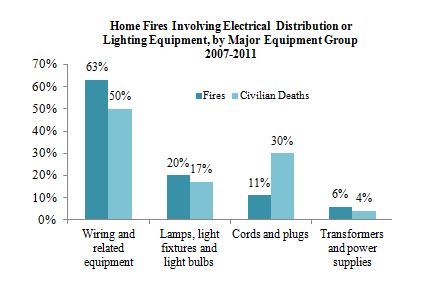Residential electrical wiring begins at the pole. From there it goes to the meter and then to the breaker (or fuse box) and then to the rest of the house (lighting, receptacles and hardwired appliances such as air conditioners and so on…).The distribution of wires through the entire house is a complex web of leads that power different parts of your house including the garage or garden/ landscape lights for those with homes surrounded by large compounds.
So how is the electric wiring in your home put together? Is it in line with the NEC (National Electric Code) requirements?
The wiring in residential homes is quite simple but very dangerous to work with if you have no idea how things move from point to point. Most residential houses are served by 240/120 Volts in single phase. Circuits are rated by the circuit breaker. The breaker panel capacity on the other hand is determined by the available spaces for individual breakers as well as the amperage.
Larry Dimock has provided a nice detailed overview of what to expect in any residential electrical wiring. He points out that the ideal wire gauge for residential electric wiring is either a 14-gauge which carries a load of up to 15A (amperes) or the slightly larger 12-gauge which can comfortably handle 20A. This is mainly because most devices in a typical home are rated 15A and 20A. Here’s a breakdown of common residential electric wiring components:
Basic House Wiring Issues, Parts, and Code
As a result, the amp rating of a circuit breaker has the following relation to the wire size that has been chosen. A 20-amp breaker is never* allowed to run any circuit whose wires (anywhere on the circuit) are 14-gauge. But a 15-amp breaker’s wires out on the circuit may be 14-gauge, 12-gauge, or even a mixture. Yes, even larger wires than these are possible (10-gauge), but become difficult to install properly and give little benefit. The rating of a circuit itself is that of the breaker. Any general purpose circuit in a house might be 20-amp, but some circuits are required to be; for example, for the outlets in kitchen, dining, laundry, and bathrooms… find out more basic electric wiring facts for residentials
And it’s not about the web of color coded wires… nope! There’s also the issue with the positioning. See, all wires are leading to a terminated point to power something. Be it a receptacle, lights, heater or any other device in and outside your home. The key point with electricity is to your life powered conviniently. This means all outlets including bulb holders have to be positioned right and easy to access.
Which brings us to a quick point…
You also have to ensure that you always match the appliances or bulbs used, to the recommended ampereage or wattage. Messing this up is the begin of electrical wars you will end up losing… so don’t even go there, use electricity responsibly. Don’t Overload!
Did you know that not all home electrical faults are your fault? Check out Josh Garskof‘s list of common electrical problems and their solutions as well as their dangers. This article takes you through the daily mistakes we make or may encounter (you’ve probably experienced a couple from the list…) with electricity at home:
10 Wiring Problems Solved
5. No GFCIs
What it means: Increased risk of electrocution in wet areas, such as baths and kitchens. GFCIs (ground-fault circuit interrupters) shut down circuits in 4 milliseconds, before current can cause a deadly shock.
Code violation? No; grandfathered in. (Codes today require GFCIs within 4 feet ofany sink and on all garage, basement, and outdoor outlets.)
Danger level: High.
Solution: Replace old receptacles with GFCIs (about $12 each). This is a simple job that many homeowners do themselves. Electricians charge about $20 per outlet. (There will likely be a minimum job charge.) Note: As an alternative, GFCI breakers ($25) can be installed on the main panel. But then every time one trips, you have to go down to the basement to reset it…. here are all the ten problems and their solutions
There are so many brilliant electrician videos out there about home wiring but Sam Maltese breaks it down for everyone to understand. He even zooms in on cable ratings to show you how to different wire gauges… serious details in this video. Hope this video will help you identify most of the electrical components highlighted in this article. Here is the video titled “Basic Residential Wiring”:
That covers much of what there is to know about residential electrical wiring for homeowners. You can schedule a quick inspection with an elecrtrcian near you or simply call us.
Click here to go back to http://sacramento.electriciansquad.com
The post Residential Electrical Wiring Guide appeared first on Electrician Squad.
from Electrician Squad http://sacramento.electriciansquad.com/residential-electrical-wiring
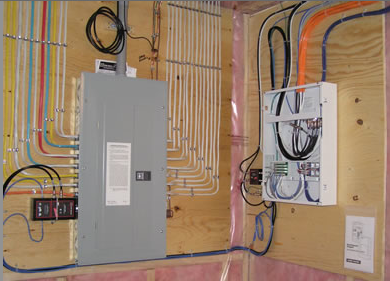
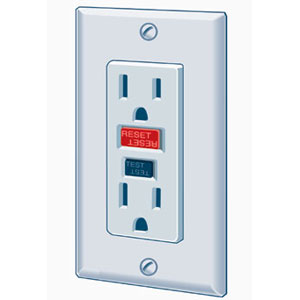
 circuit breaker
circuit breaker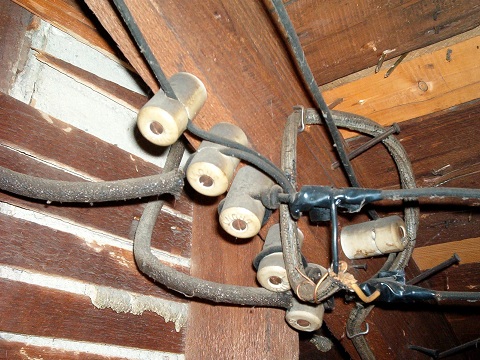

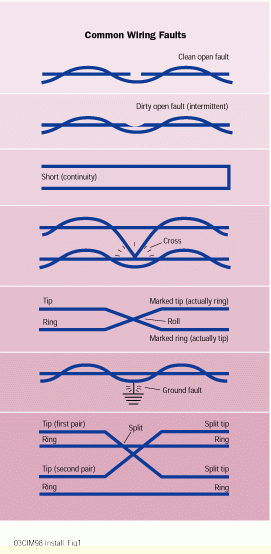
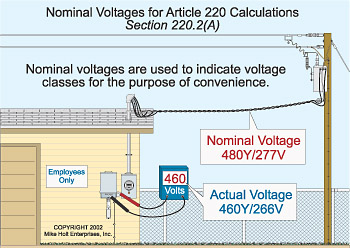

 To help you and your children stay safe while using electrical appliances…
To help you and your children stay safe while using electrical appliances… 